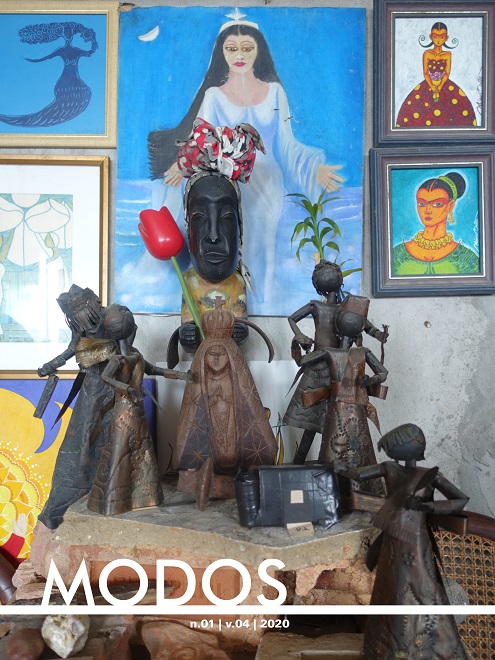“Un’idea del Brasile”. Pietro Maria Bardi’s second life
Resumo
The biography of Pietro Maria Bardi (1900-1999), journalist, art dealer, and founder of MASP (Museu de Arte de São Paulo), presents itself as an exemplary story of Italian intellectual migration to South America during the second half of the 20th Century. This paper privileges a perspective that, taking into consideration the latest results of historiographical research, aims at explaining his vision of Brazil through the relationships previously formed into Fascist Italy and through the dense overlap initiatives related to the experimentation of modern artistic languages. Bardi’s first journey to South America has been in 1933, when he organised and staged an exhibition of new modern Italian architecture. The aim of the trip was to create a consensus around fascism abroad, although the rhetoric of the approach was soon embraced by modernist experiences, particularly by Le Corbusier. The following travel, in 1946 to Brazil, corresponded, for him, to a second life. Around the MASP project, he established a creative colony of artists and architects who took to Brazil the experiences of modernity matured in Europe. The experiences achieved in the urban environment of tropical expanding metropolis, such as the travels to the coasts and the inland areas of Brazil, discovering the nature, the folklore and the native cultures, were crucial sources of inspiration for intellectuals and artists, like the young Italians Roberto Sambonet and Gastone Novelli, who kept a gaze close to the Avant-Garde expressive syntaxes.
Copyright (c) 2020 MODOS

This work is licensed under a Creative Commons Attribution-NoDerivatives 4.0 International License.
Ao enviar o artigo para submissão, o autor automaticamente cede os direitos de publicação à Revista MODOS. O conteúdo dos artigos é de responsabilidade dos autores.
Declaration of copyrights: When sending an article for submission, the author automatically concedes the publishing rights to MODOS Journal. The content of the articles is responsibility of the authors.

